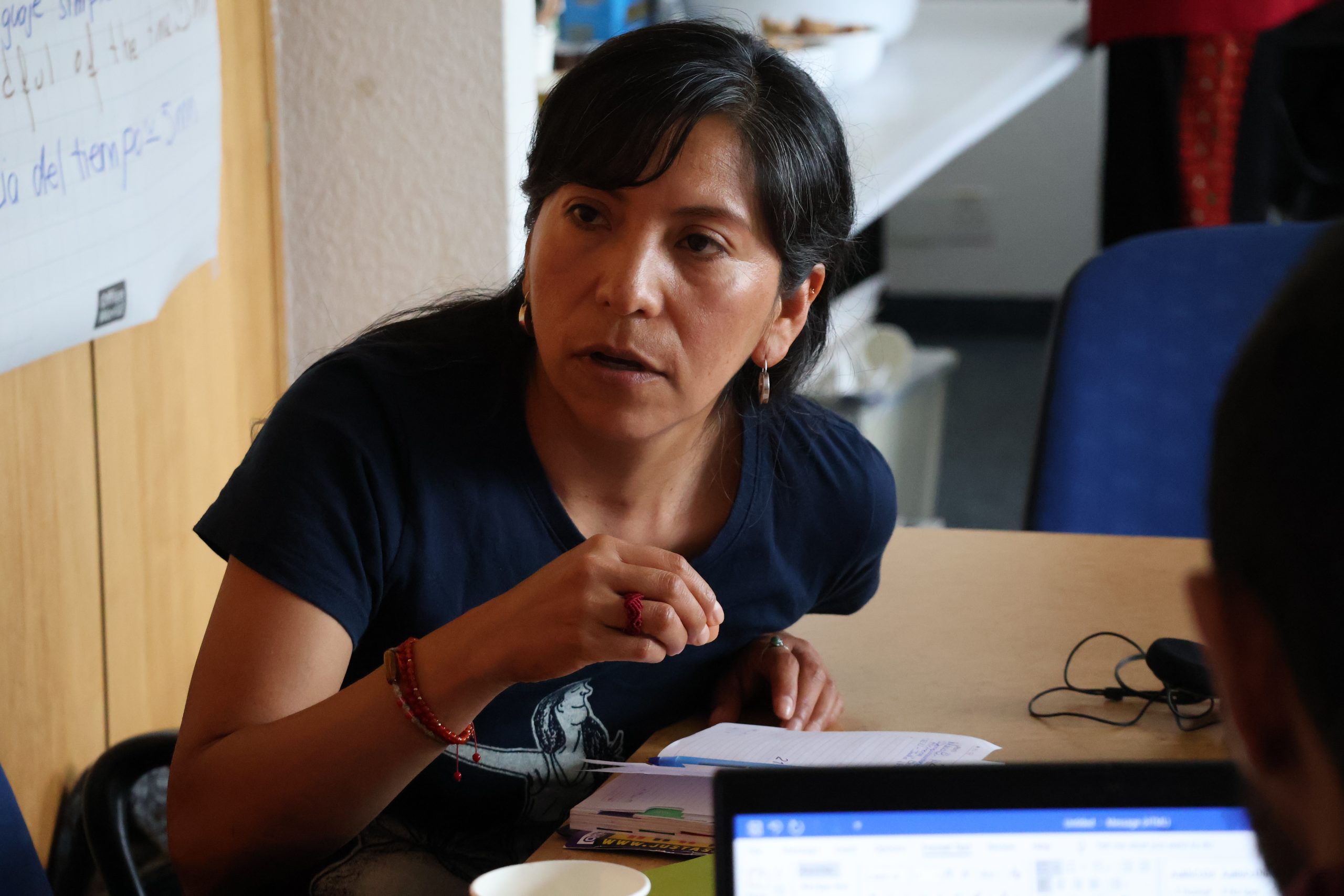
Egypt: Reform unjust vice laws, guarantee open civic space
During Egypt's UPR adoption at HRC59, Nora Noralla delivered a joint statement on behalf of ISHR, Cairo 52 and Middle East Democracy Center. Watch and read the full statement below.
The small Caribbean island nation of Grenada underwent its review session by the Working Group on the UPR on 10 May 2010. The three-member delegation began its presentation 20 minutes late, and with a relatively short speakers list the session ended 45 minutes early. The Minister for Foreign Affairs, Mr Peter David, presented the State report, which focused largely on the Government’s efforts in the areas of education, housing and the fight against corruption. Mr David provided answers to the written questions submitted in advance by States, which raised concerns about the legality of corporal punishment, discrimination against homosexuals, human trafficking, domestic violence, and inadequacies in the juvenile justice system.
Grenada was commended for its efforts in improving access to education and supporting the rebuilding of homes after a 2004 hurricane. States also raised questions and submitted numerous recommendations, including for Grenada to:
Grenada replied to many of the questions raised and noted that while corporal punishment remain legal the Government is making efforts to reduce its use. In relation to the death penalty the delegation explained that the courts are moving away from imposing it. The criminalisation of homosexuality is due to be addressed by the Government, but Mr David did not elaborate on whether or when the law would be changed. Grenada will consider all of the 92 recommendations made and submit its replies at the 15th session of the Human Rights Council in September 2010. Mr David noted that the large majority of recommendations would be favourably considered.

During Egypt's UPR adoption at HRC59, Nora Noralla delivered a joint statement on behalf of ISHR, Cairo 52 and Middle East Democracy Center. Watch and read the full statement below.

At the Human Rights Council, Belgium delivered a statement on behalf of over 60 States that 'pays tribute to the numerous achievements and meaningful progress made by women and girls human rights defenders, and emphasises the continued need for their voices to be heard and supported'.

The 59th session of the UN Human Rights Council (16 June to 9 July 2025) will consider issues including civil society space, climate change, sexual orientation and gender identity, violence and discrimination against women and girls, poverty, peaceful assembly and association, and freedom of expression, among others. It will also present an opportunity to address grave human rights situations including in Afghanistan, Belarus, China, Eritrea, Israel and oPt, Sudan, Syria and Venezuela, among many others. Here’s an overview of some of the key issues on the agenda.